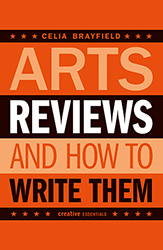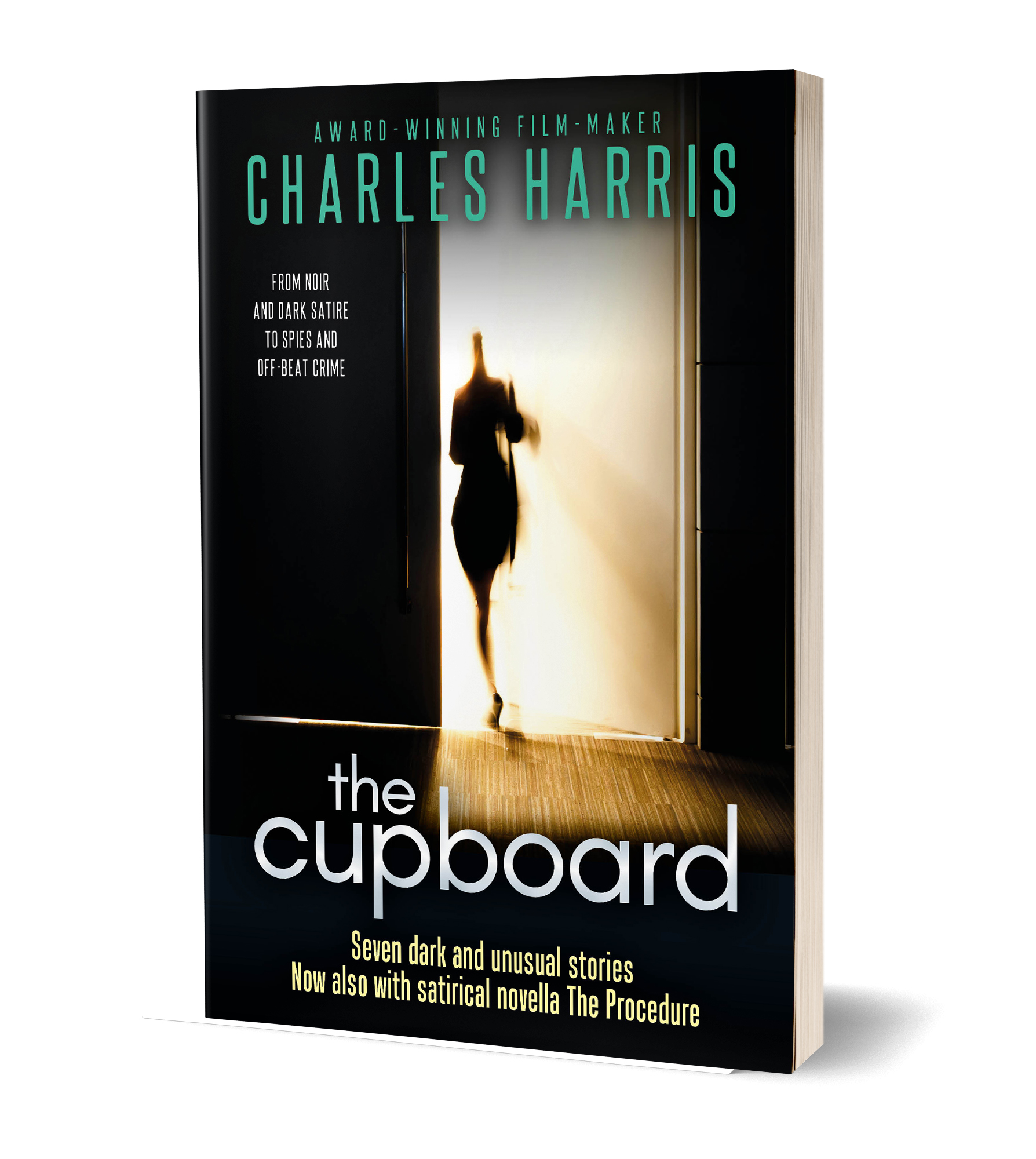How to write a riveting review
08 Friday Mar 2019
Written by Charles Harris in Books, Reviews, Selling, Technique, The Library Corner
How to write a riveting review
This week, an art that is both very new and almost as old as writing itself – writing reviews.

First, a thank you to everyone who’s written reviews of my books. The number of Amazon reviews has almost reached the total that trigger Amazon into giving the books extra publicity.
So if you have read one and not yet placed an Amazon review, please do post one.
Amazon reviews do make a difference, helping readers decide if a book is for them.
It need not be longer than a sentence or two. And it should reflect your honest opinion.
You can get to my books via one of these links – UK / USA – or your own country’s Amazon site.
Getting paid for it
Reviewing may have been given new life by the Internet but it has a long history, reaching back at least as far as the 4th century BC with Aristotle’s Poetics, and the Sanskrit treatise on the arts Nāṭya Śāstra.
As books, and the arts, became more widely consumed in recent centuries, so the demand for good professional critics grew. Now paid reviews of all kinds appear everywhere, from newspapers and magazines, to television, radio and – of course – on-line.
At their very best, we read reviews for enjoyment in their own right – and some have even brought about major artistic change.
But how do we know who to trust? And how can we be trusted – and maybe even paid – as reviewers – ourselves?
Riveting Reviews and How To Write Them
Celia Brayfield is an author with a long and distinguished track-record, so when her book – Arts Reviews and How To Write Them – dropped through my letterbox, I got very excited.
(Full disclosure: The same imprint, Creative Essentials, publishes my book Jaws in Space: Powerful Pitching For Film and TV Screenwriters).
First, there’s no doubt Brayfield knows the field. She worked for 7 years for The Times as a television critic, and still contributes to their op-ed and books pages. She has reviewed for radio and TV. And she knows the other side of the fence too, as author of 9 novels and 4 non-fiction books.
I have to admit that reviewing a reviewer who has written a book about reviewing is just a bit intimidating. I am worried now that she’ll review my review!
And Brayfield sets the bar high from the start, quoting influential music reviewer Norman Lebrecht saying a great critic is “the conscience of his art.”
But her book is nothing if not practical. She maps the territory in swift, readable prose, as one would expect, taking us from a thought-provoking discussion of what makes a good review, to the essentials of doing your research (see my paragraph on the history of reviewing, above!)
Pitfalls and morality
From here we move through the writing process, reviewing the different arts (movies, books, music, paintings, etc), pitching for work, dealing with editors and all the dire pitfalls that await the unwary.
She clearly loves her work and sees reviewing as a creative as much as a critical exercise. And to back this up, she gives us a wealth of quotes and examples from some of the greatest reviewers across the arts.
For a how-to book, it’s also refreshing that she is unafraid to open up profound moral challenges facing any critic. Issues such as making friends with the subjects of your reviews, and then writing honestly about them afterwards.
And, for all her prescriptions, she counsels would-be reviewers to always “trust your gut.” Good advice for any writer, though always balanced by the stress she places on being professional.
My one gripe is the annoying lack of an index, which I would have thought essential for a book like this, filled with so much information that I’d want to go back and remind myself of in the future.
Confession time
Certainly, her book has made me refine my approach to writing reviews – which is perhaps the most important test of any how-to book.
And, I must confess, to my shame, that I put off writing this review myself, because a small part of me selfishly wanted to keep the book to myself!
But in the end, I decided that as it inspired me, writing about her book might inspire others.
What better praise could a reviewer give?


4 Comments
May 1, 2020 at 9:08 am
Well I really like your writing. It’s a very nice piece from which I have learnt many things about writing a review. But I would really want you to write another post about templates regarding reviews. That would help many!
Thanks!
May 1, 2020 at 10:35 am
Thank you. I’m delighted you learned something from my article. As for your suggestion, I’ll look into it and see what I can do.
May 18, 2023 at 6:17 am
How has the increasing consumption of books and the arts led to a growing demand for professional critics, and what impact does the proliferation of paid reviews across various media platforms have on the perception and evaluation of artistic works?
May 19, 2023 at 11:55 am
That is a good question. I’ve no doubt that many readers turn to reviews to help them choose a book or author they haven’t heard of. Certain genres need paid reviews, however, I suspect that there are other genres which are less reliant on professional reviewers. And of course Amazon has sparked a rise in the amateur reviewer. Most Amazon reviews are from readers not paid reviewers, which changes perceptions yet again.